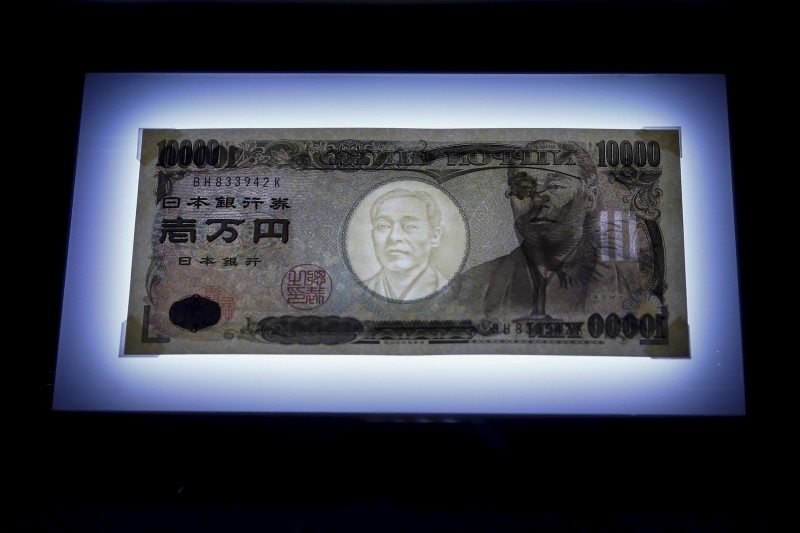The recent rise in global conflicts, including the Israel-Hamas conflict, Russia's invasion of Ukraine, and the perceived rise of China has led to a significant increase in international arms sales. This surge has notably benefited American weapons manufacturers such as the Raytheon (NYSE:RTN) division of RTX Corp.
On Tuesday, it was reported that the U.S. has been supplying Israel with smart bombs, ammunition, and interceptors for the Iron Dome missile-defense system. In addition to this, military aid is being provided to Ukraine and other European allies like Poland.
According to data from the Stockholm International Peace Research Institute, worldwide military spending reached $2.2 trillion last year. This rising demand has sparked increased arms production from nations including Turkey and South Korea.
Major buyers of these arms include NATO ally Poland, which has been granted the right to purchase Abrams tanks built by General Dynamics (NYSE:GD), Lockheed Martin’s HIMARS and Hellfire missile systems, and Boeing (NYSE:BA) F-15 fighter jets.
Middle Eastern nations like Israel and Saudi Arabia continue to be significant buyers of American weapons. Meanwhile, Indonesia is shifting its purchases from Russia to Western suppliers, including Blackhawk helicopters from Lockheed Martin (NYSE:LMT).
The surge in arms purchases has raised concerns about an escalation in global conflicts. Jeff Abramson, an arms control advocate at the Center for International Policy, noted these concerns. Despite these worries, the surge has bolstered the bottom line for big military contractors. Pentagon notifications of proposed foreign military sales surpassed $90.5 billion in the first nine months of this year alone.
The U.S government is leveraging this demand to expand military alliances with new customers like India and Indonesia while selling more to existing allies. Poland recently added Turkey to its list of weapons suppliers by purchasing Baykar's armed drones.
Lockheed Martin's F-35 fighter jets have secured approval or sales agreements worth as much as $50 billion with several countries. Defense Secretary Lloyd J. Austin III has visited Indonesia to encourage the nation to buy Boeing-built F-15 fighter jets.
However, the main bottleneck remains manufacturing capacity, as noted by James Hursch, director of the Defense Security Cooperation Agency. This surge in demand for arms amidst geopolitical tensions is testing the limits of global arms production capabilities.
This article was generated with the support of AI and reviewed by an editor. For more information see our T&C.
